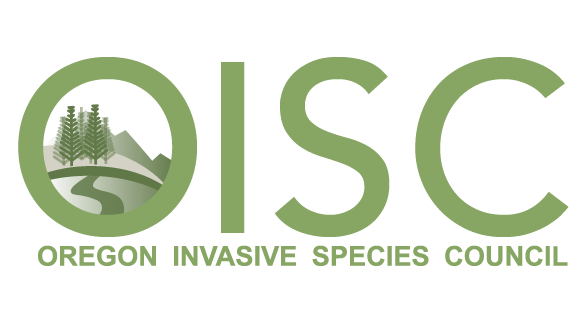June 2020 Meeting Update: COVID-19
/Due to the risks of coronavirus spread, the Oregon Invasive Species Council (OISC) will be postponing the regional stakeholder meeting in Central Oregon to a later date and we will instead hold a virtual business meeting on June 2, 2020 from 12:30-4:30 pm. A meeting agenda and remote participation details will be posted to the OISC Meetings page as it becomes available.
Other upcoming events are on the OISC Events page. If you would like to share details about an upcoming invasive species event, or any other relevant information, please feel free to share that with the OISC coordinator at coordinator@oregoninvasivespeciescouncil.org.
The OISC is considering other virtual options to engage with invasive species managers and members of the public during this time. If you have any suggestions for how we can support virtual engagement or promote one of your events, please let us know.



